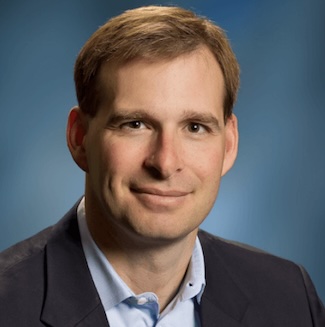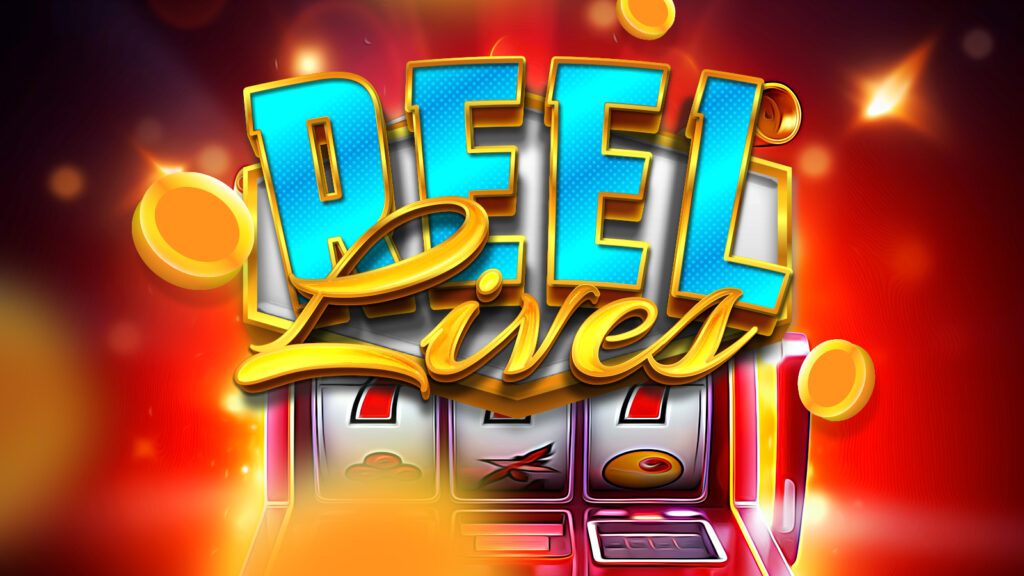Reel Lives: NCPG Executive Director Keith Whyte On The Lancet Commission Study, Physical Vs. Online Environments, And Support For The GRIT Act
Whyte discusses public policy, research matters, partnerships, and much more
4 min

Every gambler has a story to tell. And so does every person who chooses to make a living in this unique industry.
In our “Reel Lives” series, Casino Reports shines a spotlight on people working in the gaming business, from executives, to analysts, to media members and communications pros, and all points in between.
The subject in this interview: Keith S. Whyte, the executive director of the National Council on Problem Gambling (NCPG), a group that advocates for the mitigation of gambling-related harm. He has served in that role since October 1998. Keith is a frequent presenter on gambling addiction and behaviors, and has always been generous giving his time to media members (including this one) to help educate people who cover the industry.
Casino Reports (CR): With previous stops at the American Gaming Association and the American Bar Association, you have now spent your entire career working at organizations that either have American or National in the company organization name. What should I or anyone make of that fact?

Keith Whyte (KW): As a history major I’ve been trained to think strategically. For the issues I work on, advocating for policies on the national level is for me the most effective way to leverage scarce resources to create positive change on the ground across the country.
CR: What’s your take on the Lancet Public Health Commission report? More scientific or perhaps agenda-driven, as some have observed? Is there any salient takeaway you think is worth highlighting?
KW: They correctly identify a lot of the gambling-addiction related concerns, but many of their proposed solutions miss the mark, at least in the context of the American political, economic, and cultural system. My takeaway is that we have to work harder than ever to pull people together to find solutions to these pressing problems, rather than letting the most strident pro- and anti-gambling voices pull us apart. Polarization of attitudes towards responsible gambling is actually the subject of the Ph.D. dissertation I have in progress.
CR: Without naming names, are there any firms in the space that are devoting X amount of resources, supposedly, to helping address/cure problem gambling, but that you believe are being disingenuous in their efforts?
KW: We are seeing a wave of for-profit companies enter the problem gambling space. This naturally creates friction with non-profits and government health agencies who have historically been the only ones addressing problem gambling issues. In some ways it is a testament to the work we’ve done over the decades to bring enough money into the field for companies to make a profit providing PG services. For-profit healthcare is a feature of the American healthcare system. It’s here to stay, like it or not. As advocates for people with gambling problems, we keep a very close eye on these companies to make sure pursuit of profit does not lead to exploitation of this very vulnerable population.
CR: Can you point to any key differences (or similarities) in the way that gambling addiction manifests when the activity occurs in person versus virtually? In other words, how much do physical surroundings factor in the experience/dysfunction and ultimately successful treatment in cases where that’s necessary?
KW: Many features of retail gambling establishments are designed to reduce inhibition, such as offering free drinks, which leads to increased risks for addiction. But the evidence is clear that online gambling is associated with much higher rates of problems. Likely because many people now have essentially unlimited access to betting 24 hours a day from the privacy of their phone. And I think the ease of access and pervasive, even invasive online marketing makes quitting and recovery harder and relapse more frequent. So it’s not that a physical casino environment is safer, it is that online gambling is riskier.
CR: What’s the most heartening development or program you’ve observed in the industry, post-PASPA, with respect to problem/responsible gambling?
KW: Our partnership with NFL. The ads they run to promote our www.responsibleplay.org website are nearing one billion impressions since 2021. They help us reach high risk sports bettors, and create broad national public awareness. Second place is the public support for our GRIT Act from companies in the industry like Underdog, and private support from many others. They recognize that supporting the first-ever federal bill to prevent and treat gambling addiction is good politics and good policy.
CR: On the potential for federal action/regulation around sports betting: Is there any one policy issue/proposal where you’ve observed nearly all stakeholders are in agreement, or fairly close to a consensus? On what issues is there actually a lot of common ground right now?
KW: As discussed above, I actually think there is a lot of common ground around the GRIT Act, which utilizes a portion of the existing federal sports betting excise tax revenue to provide funding for state-level gambling addiction prevention and research programs. No new taxes or regulations, a practical approach to directly help those most in need. Other federal legislative and regulatory proposals have been quite divisive. Advertising is the policy issue that gets the most attention on the Hill, even though the most important issue is funding. We’ve learned from decades of research on alcohol and other issues that kids who get good prevention messaging and education are better prepared to make informed choices when they come across ads for potentially addictive products.
Reel Fast

Favorite fast food chain?
Chick-Fil-A
Are you loyal to any toothpaste brand in particular, and if so, which?
Crest
Favorite TV series that debuted in 2019 or after?
Slow Horses
If you could only wear one kind of socks for the rest of your life, which do you choose: low cut, crew, or dress (black)?
Crew
When you go to sleep, is your cell phone(s) within reaching distance on the nightstand?
Nope, I actually turn it off after dinner and leave it downstairs.
Most underrated U.S. city with 50K population or less?
Fenwick Island, Delaware
At a standard candy/chips vending machine, what’s your staple order?
Dr. Pepper & Peanut M&Ms
Favorite outdoor activity?
Tie between road biking and playing soccer.
You can find Keith on LinkedIn here, and perhaps in one of the just 11 states in the U.S. where he has not yet presented for the NCPG.
Previous installments of Reel Lives:
BetMGM’s Sarah Brennan On Compliance, Working In Politics, And Coping With Tragedy




